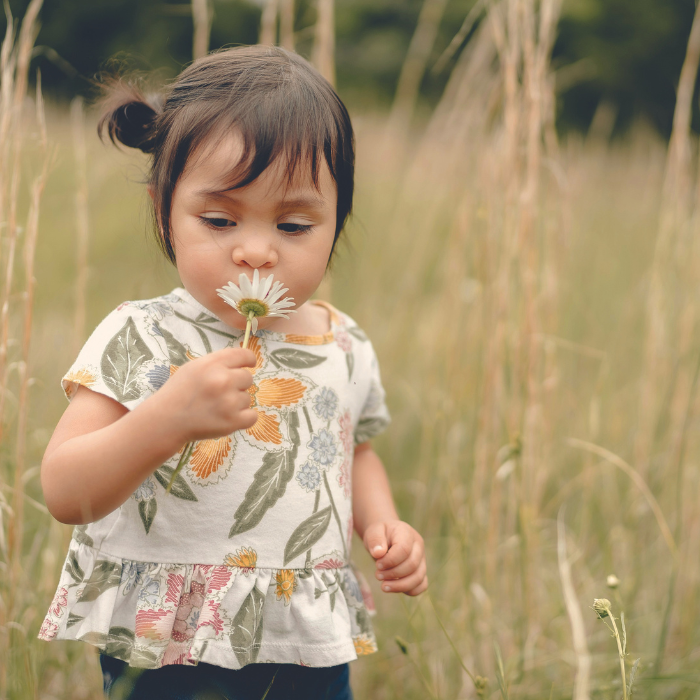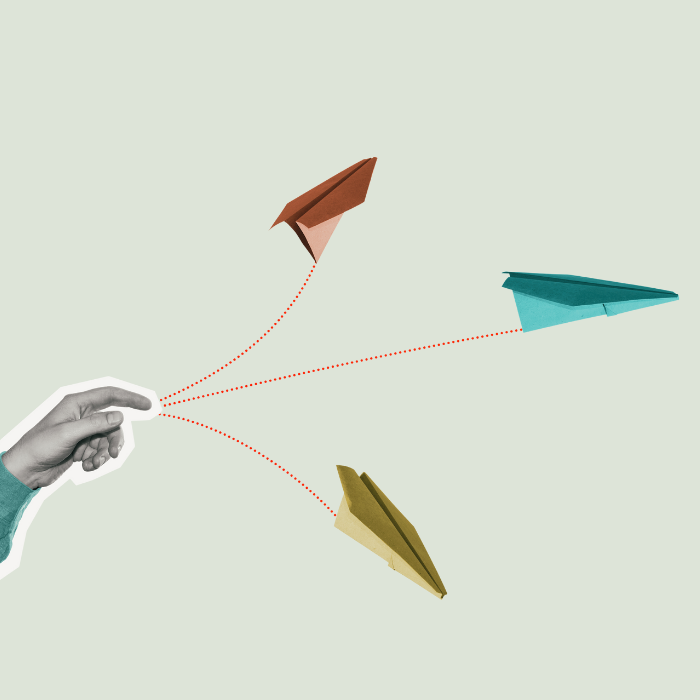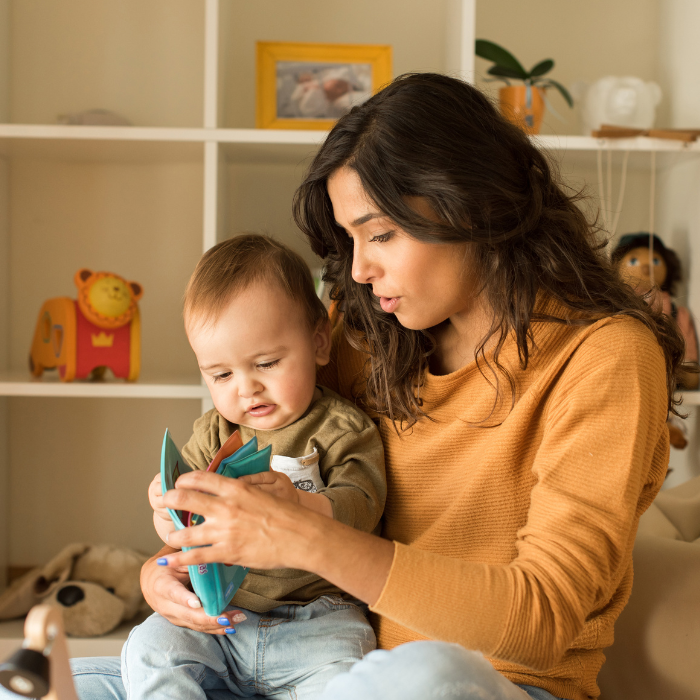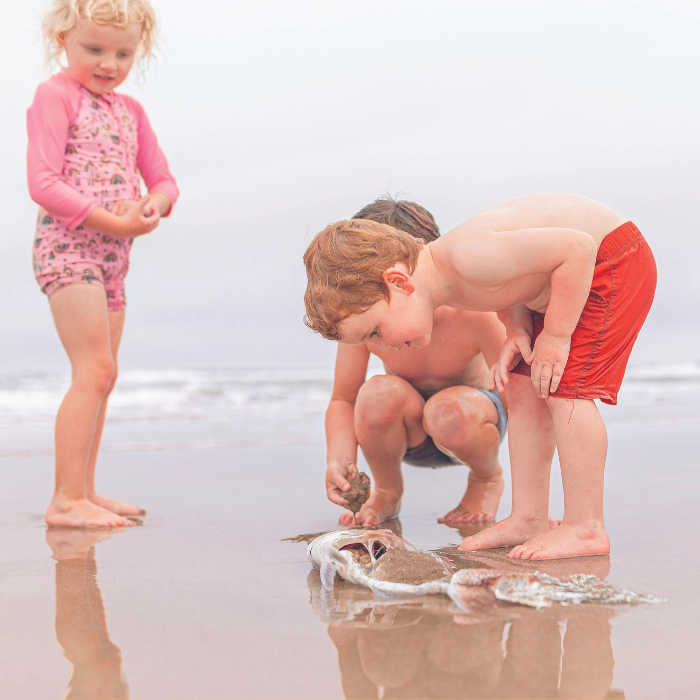
Every parent has a second language — music, explains Kiwi musicians Anna Van Riel
Your voice sounds like an angel!” is perhaps not a statement many people hear often, if ever. There’s a funny stigma attached to singing for lots of us. We decide at some stage (usually puberty) that if we don’t automatically sound like Beyoncé or Bruno Mars, we’re crappy singers. From that moment we on, we carry this idea like a mantra, telling those we encounter, including our children, that we can’t sing. And with that we instil in them that, if you’re not instantly awesome at singing, it’s better not to try. But here’s the thing: Your voice is not like a guitar or a bass. You can’t pack it up, take it back to the music shop, and say, “I don’t like this one, I want to swap it for another!” Your voice is uniquely yours and it’s the only one you’ve got. It’s also an instrument, and if your goal is to holler like Celine Dion it helps to use it, like any tool in life. But what about our children? The ones in our lives who, at least as preschoolers, are most likely to tell us we sound like an angel?
Your voice = your child’s treasure
As parents, our children feel deeply connected to our voices. They learn our vocal tones long before they leave the womb, so to undermine our own singing abilities is to personally criticise one of your child’s most primal treasures. What we know from research is that music is a critical component to helping babies grasp words. We also know that having more than one language in the home helps boost concentration and memory in children, while encouraging flexible thinking. So what if we look at singing like a second language? A language that, no matter what your singing ability, you can offer and encourage in your own home?
Babies
Did you know that the by the time your child turns one, her brain has more than doubled its birth size? Imagine how much information has been absorbed during this incredible growth! This is a time that our babies start to gather data on body language and facial cues. This is an excellent time to be singing to your child and to emphasise that singing brings joy, and is a gift to share. No matter what you think your voice sounds like, this is your opportunity to be the superstar you always wanted to be, while helping your baby’s brain expand in beautiful ways. Win-win!
Toddlers/preschoolers
By now, your child’s brain has reached its full size, although it will continue to develop well into their mid- 20s. If you’re just growing the con dence to jump on the singing wagon now, you’ve come at a good time. At this stage, you can help your child establish rhythm, along with melody. Playing with rhythms that can be found in simple nursery rhymes or even Dr Seuss books give your children a stepladder for activities like dance or picking up instruments later in life. Rhythm is also a fantastic way to integrate music into homes where parents or kids are hearing impaired.
Primary juniors
You’ll have noticed by now that your child loves a good yarn. This is connected to our primal love of storytelling. Now that you have a big school kid on your hands, you’ll also have a houseful of stories shared from their everyday experiences. Although some of our primary juniors may threaten us with a momentary insight into what teenage years have in store for parents, they are still open and willing to snuggle in for some good old-fashioned story telling. And what better way to impart a story than through song? Have your child help you change the words to a favourite nursery rhyme in order to build a storyline. The aim is to choose a plot/focus eg: “The Scary Forest” or “The day I found treasure” and then, like any good story, work towards a beginning, middle, and end. After a few practises in the car, at bedtime, or on walks, together you’ll get the hang of how it works and be able to share the game with friends.
Primary seniors
So you’ve got a tweenie on your hands! They’re a lot more independent and certainly have some pretty strong ideas on what music is cool and what’s not. But when all is said and done, they’re still a major part of the nest, and looking for those grounding comforts at home. This can be a really fun time to share the music you listened to as a kid. Singing along to New Kids on the Block and Tiffany (my personal adolescent faves) can serve as a simple tool in connecting through music, and reminding your children that you were young once too. Encouraging and supporting your kids to be involved in musical activities is also a massive game-changer, as it takes the “freak-out” aspect out of performance and stage activities, and allows your kids to view music as something we share, opposed to something that only “good” singers and performers can do. And, of course, keep singing yourself.
With all of this said, the main thing to remember is to just sing for the simple joy of singing. Be yourself. There is no one better. Singing is just a feeling set to music, and you get to navigate that feeling with your kids. So own it, and have fun!
Award-winning Kiwi children’s musician Anna van Riel is based in Lake Hawea. Find out more, including info about her album Fishing for Stars, at annavanriel.com.








